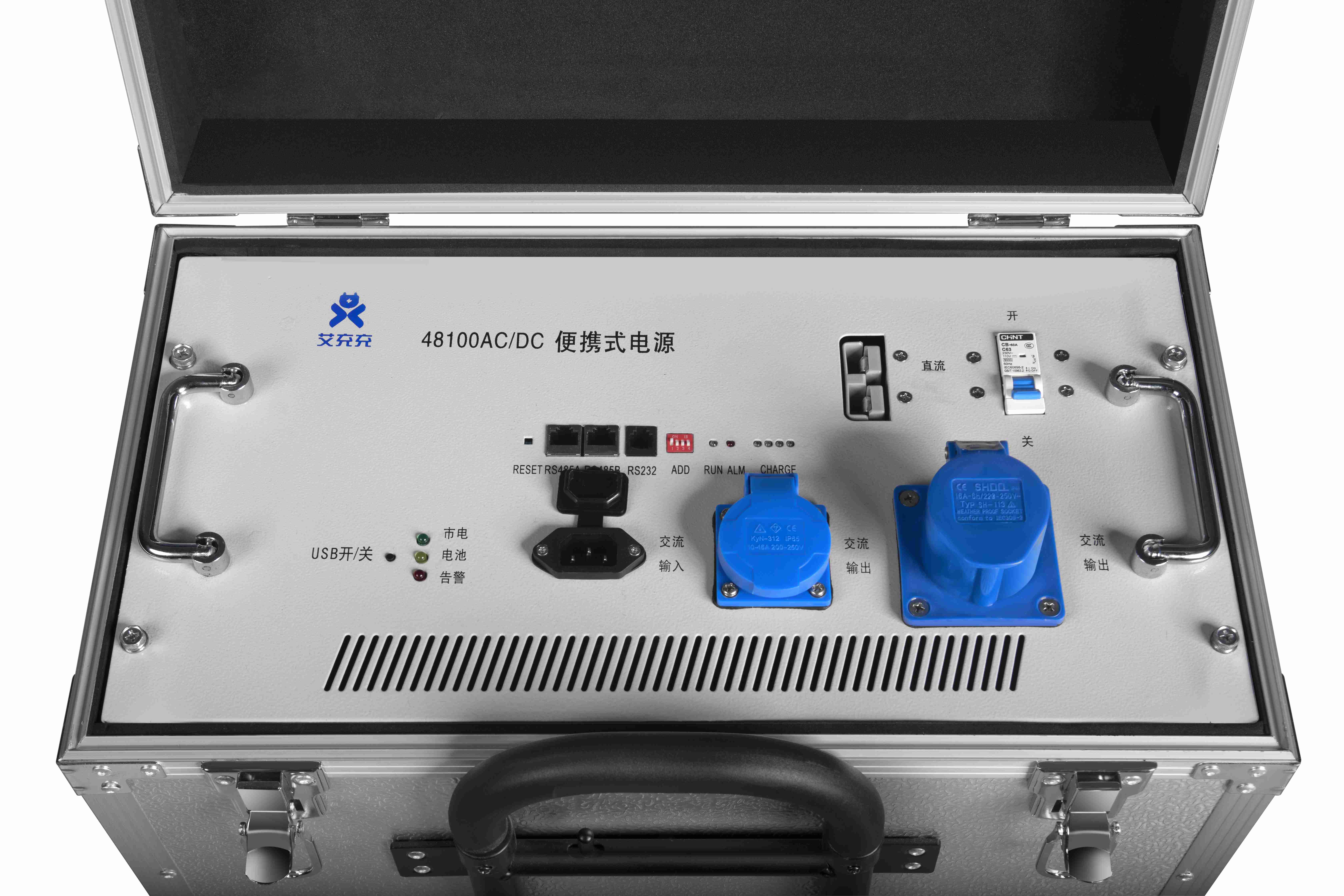
Nov . 01, 2024 05:23 Back to list
Advancements in Decentralized Energy Storage Solutions for Sustainable Power Management
Distributed Energy Storage Systems Enhancing Energy Resilience and Sustainability
In the face of climate change, rising energy demands, and the need for sustainable solutions, distributed energy storage systems (DESS) have emerged as crucial components in modern energy infrastructure
. These systems, which are located close to the point of energy consumption, offer numerous benefits in terms of efficiency, resilience, and integration of renewable energy sources.One of the primary advantages of DESS is their ability to enhance energy resilience. By storing energy close to where it is used, these systems can provide backup power during outages or peak demand periods. This localized storage means that communities can maintain power supply even when the central grid is compromised. Furthermore, DESS can help alleviate congestion on the grid by reducing the demand during peak hours, effectively balancing supply and demand.
Integration of renewable energy is another significant benefit provided by DESS. As more solar, wind, and other renewable energy sources are added to the grid, the intermittent nature of these resources poses challenges for consistent power supply. Distributed energy storage systems can store surplus energy generated during peak production times, such as sunny or windy days, and release it during periods of high demand. This capability not only stabilizes the grid but also helps to maximize the utilization of renewable energy, thus reducing reliance on fossil fuels and decreasing greenhouse gas emissions.
distributed energy storage systems

Economically, DESS can reduce energy costs for consumers. By allowing users to store energy when prices are low and use it during peak pricing periods, individuals and businesses can take advantage of time-of-use rates. This not only saves money but also encourages more efficient energy consumption patterns. Moreover, as technology advances and costs decrease, the adoption of DESS is expected to increase significantly, making it a viable option for a broader range of consumers.
Additionally, DESS can facilitate the transition to a decentralized energy model. This shift enables communities and regions to generate, store, and consume their energy, creating a more sustainable and self-reliant energy ecosystem. This transition is essential for achieving energy independence and reducing the environmental impact associated with long-distance energy transportation.
In conclusion, distributed energy storage systems represent a pivotal innovation in the quest for a more sustainable and resilient energy future. By enhancing energy resilience, integrating renewable sources, reducing costs, and promoting decentralized energy consumption, DESS can play a significant role in addressing some of the most pressing energy challenges of our time. As the global energy landscape continues to evolve, investing in and adopting distributed energy storage solutions will be critical for fostering a sustainable future and mitigating the effects of climate change.
-
Smart Energy Management System: Control & Monitor Usage
NewsAug.18,2025
-
EMS for Advanced Energy Management & Storage
NewsAug.17,2025
-
Boost Efficiency with Smart EMS Energy Management Systems
NewsAug.16,2025
-
Energy Management System (EMS): Optimize & Save Energy Costs
NewsAug.15,2025
-
Intelligent Energy Management: Save & Control Your Power
NewsAug.14,2025
-
Optimize Energy with Advanced Management Systems
NewsAug.13,2025


